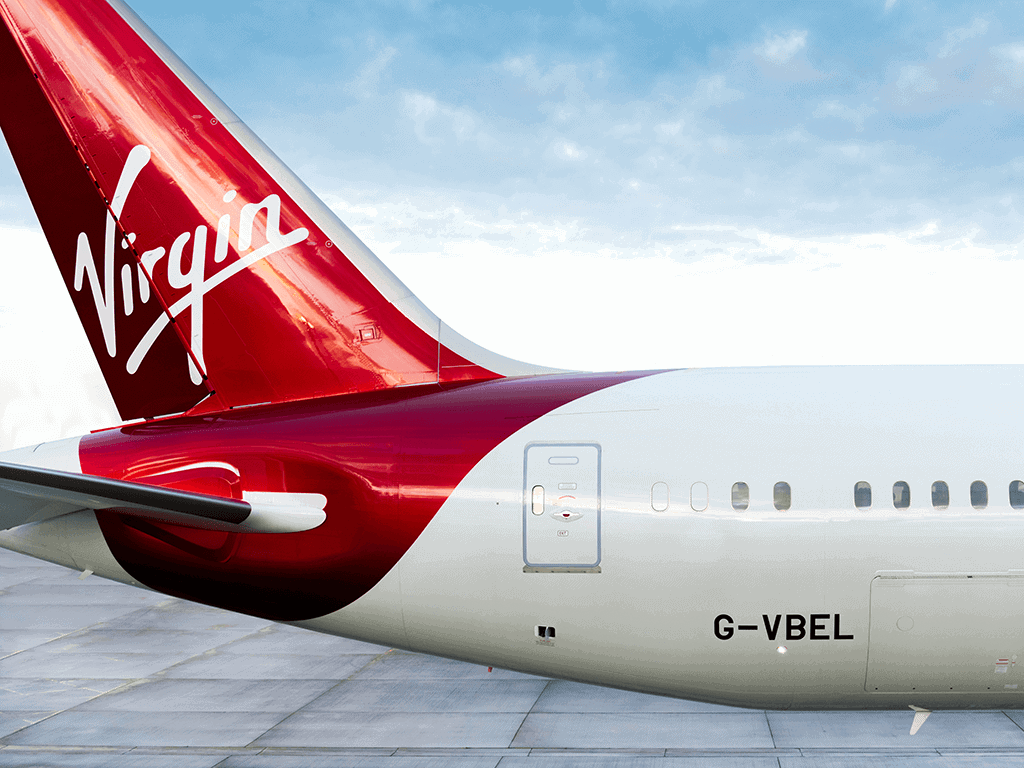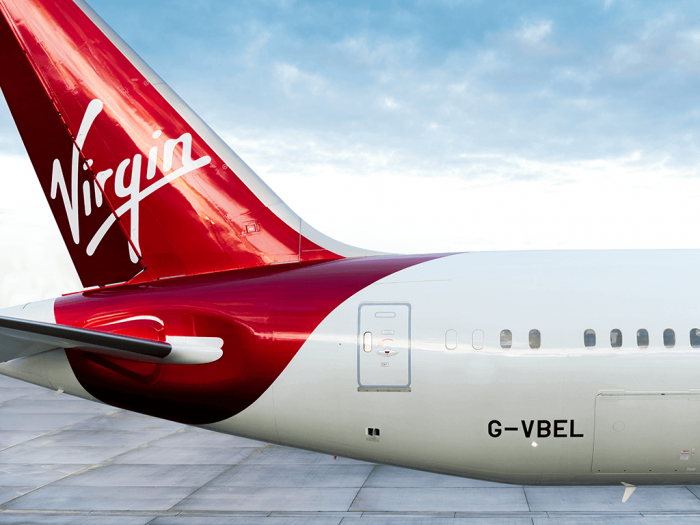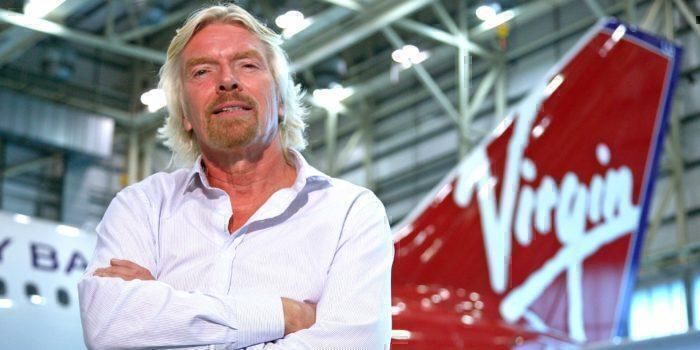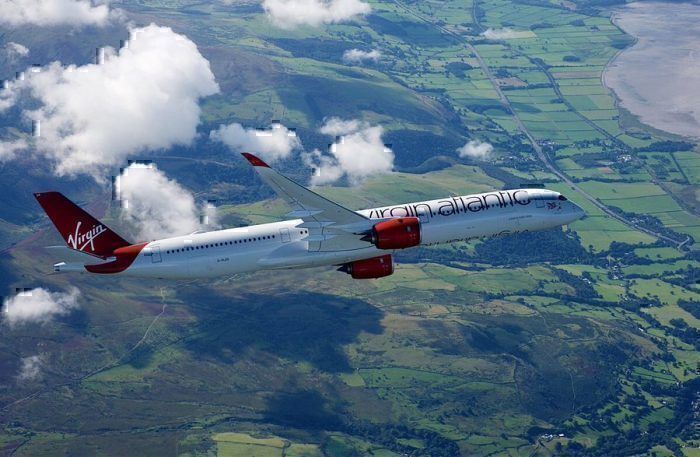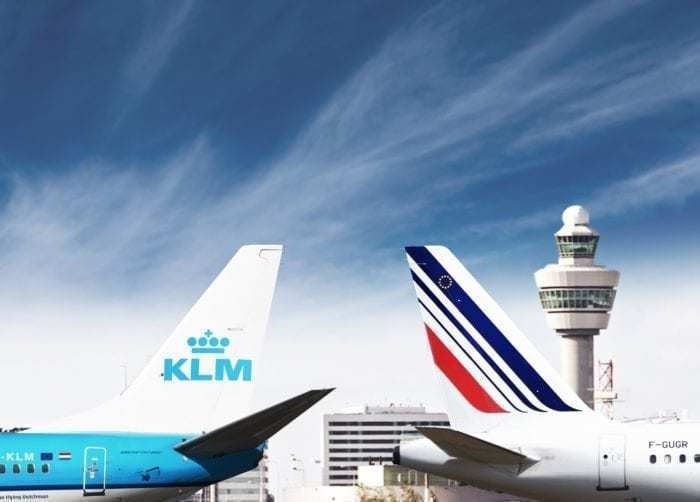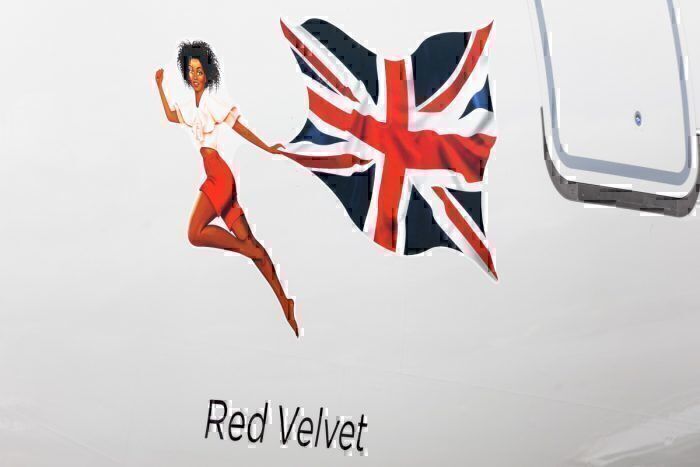Just days after Virgin’s three-way joint venture with Delta Air Lines and the Air France-KLM Group received its approval from the US DoT, founder and well know entrepreneur Richard Branson upset the applecart. The deal with Air France-KLM had always included a 31% stake in Virgin Atlantic, a stake that was to come out of Richards own 51% holding. But earlier this week, Branson backed out of the deal. What was going on, and why didn’t Branson want to sell any more?
Why Richard didn’t sell Virgin
As an outsider looking in, the situation appeared to have been orchestrated around the achievement of the DoT approval. That was granted on the 21st November and then, less than two weeks later, Branson backed out of the deal to sell a wedge of his shares to Air France-KLM. So was this as much of a snatch and run as it seemed to be?
Not at all. As you might expect from Branson, this was a business decision made from a business point of view. And when you stand back and look at it, it all makes perfect sense.
The original deal in 2017 was made when Virgin was very much on the back foot. By far the weakest partner in the three way joint venture, they had to sweeten the deal for Air France-KLM if they wanted them on board. Air France-KLM wanted Virgin to have a better spread of ownership, therefore a portion of Branson’s shares went up in the deal.
Fast forward two years, and look how far Virgin has come. Just this year alone we’ve seen the airline go from strength to strength, kicking off the year by buying struggling regional carrier Flybe, soon to become Virgin Connect. This was closely followed by the announcement of an order for up to 20 A330neos at the Paris Air Show, and then, of course, taking the first of its A350s at the end of the summer.
Add to that the new routes, new cabins, new food and an ever increasing fan base of extremely loyal customers, and you’ve got a thoroughly modern airline that is more than fit for the future. With those sorts of credentials, the real reason Richard Branson didn’t sell his shares in Virgin is clear to see: He just didn’t need to.
What does Air France-KLM think about all this?
You would be forgiven in thinking that the latest partner to meld into the growing Virgin-Delta empire might feel somewhat snubbed that their part of the bargain was not upheld. Following the announcement that Richard Branson’s Virgin share was not for sale, the Franco-Dutch group remained ominously quiet.
However, it seems they were just gathering their thoughts and were happy to provide us with an optimistic statement about their partnership going forward:
“On 21 November 2019, Air France-KLM, Delta Air Lines and Virgin Atlantic welcomed the U.S. Department of Transportation's decision to grant them Antitrust Immunity (ATI) in the framework of the extension of the transatlantic joint venture. This was the final regulatory step for the airlines to move forward with their alliance.
“In parallel, the partners finalized the expanded joint venture's governance agreeing on simplified decision making processes that will enable the joint-venture to deliver its full synergy potential. Air France-KLM and Virgin have considered that Air France-KLM's acquisition of a stake in Virgin Atlantic is no longer necessary and are negotiating an agreement whereby Air France-KLM will not acquire a stake in Virgin Atlantic, without any impact on Air France-KLM's position in the commercial Delta -Virgin Atlantic- Air France-KLM joint venture.
“Air France-KLM will pursue its ambitious investment plan to regain its leadership position and will continue final preparations towards the launch of the expanded trans-Atlantic joint venture in the coming weeks.
“This partnership is key to strengthen the Group's leadership position between Europe and North America and will offer its customers the best streamlined travel experience across the Atlantic.”
This is largely in line with our thoughts too. Virgin Atlantic, as previously mentioned, is in a far more powerful position than it was two years ago, and now there is simply no need for a sale to be made. Air France-KLM seem positive about this fact, and it’s great to see they predict no impact on the proposed joint venture going forward.
Regarding the joint venture, there are still many questions to be answered, not least how it will work in terms of earning and burning miles. Virgin Atlantic assured us that full details will be released about the customer benefits before the end of this month. As usual, Simple Flying will keep you updated as soon as we know more.
What about Brexit?
Some speculators had raised the issue of Virgin Atlantic no longer being a wholly British company if Branson was to sell his share. This would have been true, as a 31% share sale would have left Branson with 20% and Delta Air Lines with the largest share at 49%. Could a bad Brexit have caused problems for Virgin Atlantic, being a British registered company but majority owned by a US airline?
In short, not really, and certainly no more than any other airline residing in the UK. Ryanair, in preparation for Brexit, set up Ryanair UK complete with a UK AOC. This ensures it retains the same flying rights as any other UK company, despite being Irish owned. British Airways too, it must be remembered, is controlled by the Spanish parent company IAG.
Virgin’s ownership structure would have no impact on the post-Brexit outcome for the airline, provided it retains a UK AOC. The airline is maintaining a page here which it updates regularly with the latest information in flying with Virgin when (and if) Brexit happens.
Are you happy Branson held on to his share? Let us know your thoughts in the comments.

